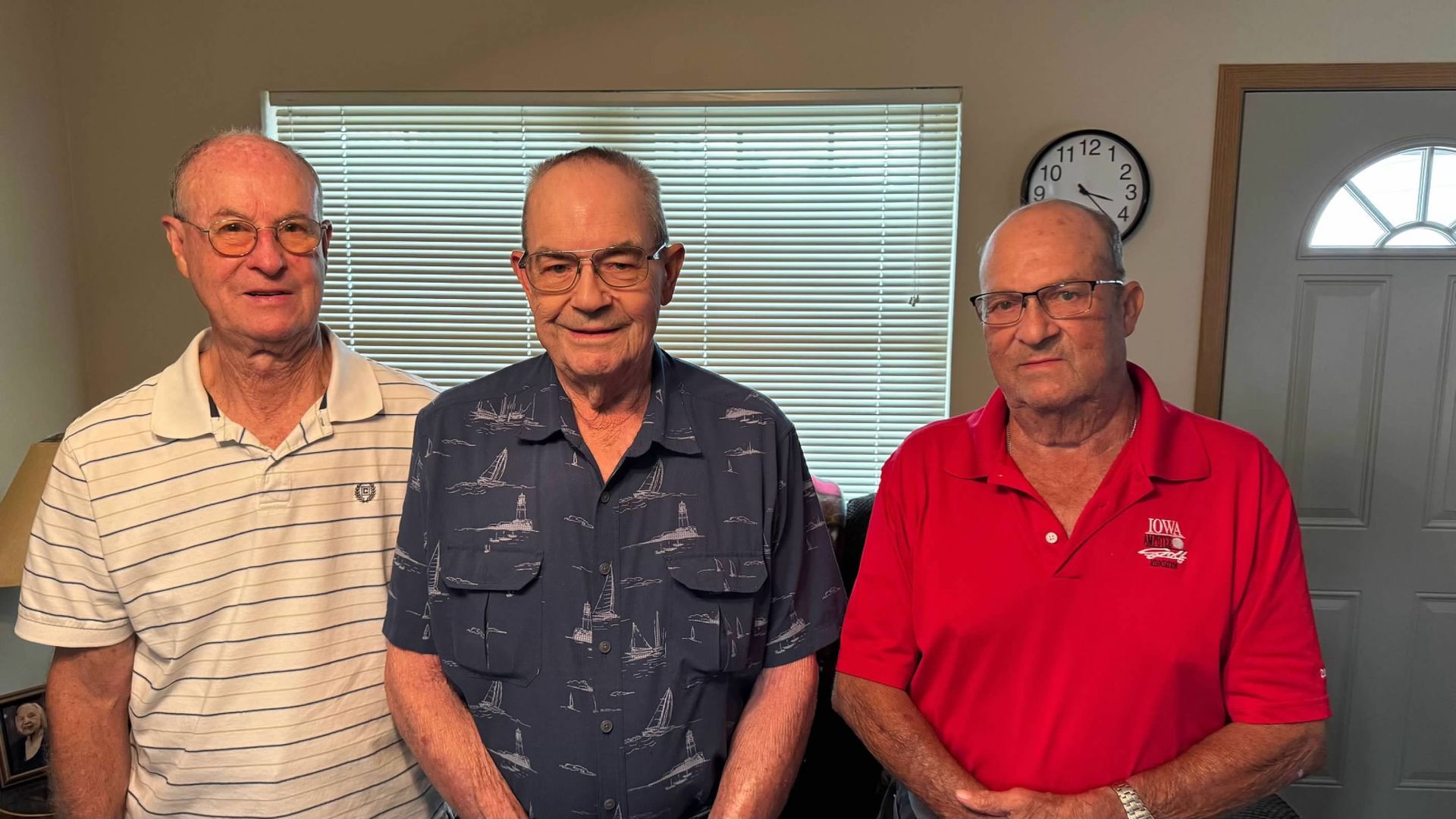Use It While You Still Have It
I started taking my cane into the gym with me last month. The decision was really a non-brainer, but it’s not one that I took lightly, because I’ve learned that when you let go of an ability, it’s hard to get it back.
The cane goes with me now, because my legs become more fatigued more quickly than they once did, and when that happens, my back and hips seem to seize up. Twice recently, my legs simply refused to move during my regular exercise routine, and I had to ask one of my gym friends to help me walk to a place where I could sit down and regroup. That was humbling, but it seemed like the less humbling option, when compared to the very real possibility of falling on the floor and injuring myself.
I felt this coming on for the past year, and had even adjusted my routine to limit my steps between stations, but I resisted using the cane. Unlike my slow acceptance of a wheelchair, my resistance to the cane wasn’t driven by foolish pride. It’s not like my cane suddenly alerts those around me that I have a handicap; most are amazed that I’m able to walk at all. No, I left my cane in the truck for the past few years, because I knew that when I started using it routinely, I was going to have a difficult time not relying on it.
Many of us think that we’re going to sail through life doing the things that we want in the ways that we have always done them. Few are so lucky. As we age, most of us will experience a progression of lost ability. The losses usually don’t happen overnight, and are sometimes so gradual that we don’t even realize that they are happening. First, we’ll notice increasing difficulty, which leads to grumbling about getting older. Eventually, we’ll enjoy our favorite activities less frequently, until one day when we unceremoniously stop doing them altogether.
Golf was that way for me. I enjoyed nearly twenty years on the course, starting at age 12 with my grandfather and a set of second-hand clubs. A couple of years later, I found myself on the high school varsity team, competing on various Central Nebraska courses. I wasn’t very good, but I enjoyed competing and being on a team with my friends, something that I didn’t have a lot of opportunity to do.
Years later, in a stroke of luck, my unremarkable high school golf experience earned me the opportunity to coach golf at the high school that hired me to teach right out of college. It was then that I embraced the sport and even dreamed of teaching my own children how to golf. That never happened. Instead, my handicap eventually made it nearly impossible to enjoy time on the course. That frustration culminated with me abandoning (half-way through) the last round I would ever play.
It's now been more than twenty years since that final round of golf, but I remember it like it was yesterday. When I put the clubs away that day, I didn’t know that it was the final time. I figured that I would try again next season, and it would be better. Next season never came.
The memory of that experience was with me during my first week in the gym with my cane. It’s a new reality with which I have gradually grown more comfortable. Instead of obsessing about my fading abilities, I can focus on exercising safely while holding on to what I can still do. Though the cane reminds me that things are different, I’m thankful that I’m still able to exercise.
I share this experience not looking for sympathy, but rather hoping that it will help you appreciate what you can do and that you do it to its fullest while you still can. If you’re fortunate enough to still enjoy participating in a sport, don’t stop until you have to. If it has been a while since you have gone on a walk, don’t wait. You don’t know when going for a walk will no longer be an option. The same with travel. Do it now, while you can still enjoy it. Don’t put off the things that require a healthy body, because that can quickly disappear.
Life is precious, and our bodies will eventually make us realize that. Don’t wait for that moment. Take the initiative now to capitalize on all that you can do while you still can do it.

